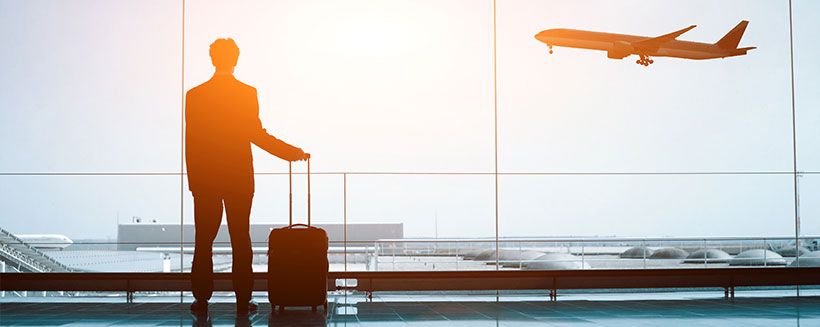
Creating New Earning Potential Through Frugal Innovation
Chargebacks911™ recently had the honor of sharing valuable chargeback management insight at two prestigious industry events, the IATA World Finance Symposium and the ARC Travel Connect 2016.
One trend was abundantly clear throughout the course of both events: airlines are not effectively addressing the issue of chargebacks. However, they can no longer afford to accept these substandard results.
During our presentation at the IATA World Finance Symposium, we introduced a new idea that may well change the way in which airlines view chargeback management.
An Unrealized Opportunity to Increase Revenue
Especially for larger, established merchants, generating revenue is consistently viewed as a top business priority. Most merchants, including airlines, focus on three primary, tried-and-tested methods for increasing revenue:
- Obtain more customers. This could include everything from increasing conversions to adding sales channels.
- Sell more often to customers. This might involve loyalty programs or promotions designed to boost sales volume.
- Increase prices. The airline might offer other travel arrangements in a bundle, charge additional fees, or provide more upgrades.
However, there is also a fourth method first introduced to the travel industry by Chargebacks911™—the idea of frugal innovation.
Frugal innovation is streamlining processes and removing unnecessary drains on merchants’ revenue. It involves decreased costs, improved intelligence, and connective growth. As such, airlines can increase revenue with effective chargeback management
Through this process, airlines have the power to detect operational needs, reduce the negative impact of chargebacks, and instantly increase profits.
Why Frugal Innovation is So Important
The first step towards frugal innovation is identifying the need. In the case of the airline industry, this means solving the chargeback problem.
On the surface, this seems like a fairly straight-forward task. By solving the issue of chargebacks, airlines can reduce costs, amass the needed data to replicate success, and increase profitability. However, without the right technology and insight, the task is harder than it seems. Airlines can base their decision making on insufficient data derived from an inability to identify the true source of a chargeback. In turn, this yields ineffective strategies which fail to generate results.
As evidence of this claim, we can look at recent trends from the airline industry. These suggest that current management tactics fail to produce desired outcomes, resulting in significant financial ramifications for the business’s bottom line:
- Online transactions increased by 7% in 2015, but chargebacks increased by 20%.
- The airline industry averages a 45% win rate, but the significant amount of pre-arbitration chargebacks (at least 50%) means airlines experience a disappointing 23% net win rate.
- Airline chargebacks total $1.5 billion each year.
- Top-tier companies lose $70 million annually.
Airlines can no longer afford to simply accept chargebacks as a cost of doing business, nor can they settle for ineffective strategies that irreparably damage the company’s longevity.
Initiating Industry-Wide Change
As the industry conversations at both IATA World Finance Symposium and ARC Travel Connect indicate, now is the time to take the necessary steps to curb the ever-rising tide of illegitimate chargebacks.
It was encouraging to see other big brands who are also committed to challenging illegitimate chargebacks caused by faulty consumer behaviors and a lack of standardization. It was an honor to present alongside companies like Delta Air, United Airlines, Emirates, Lufthansa, Saudi Arabian Airlines, British Airways, and Visa and join in their efforts to educate airline executives who are interested in creating sustainable, scalable solutions.
The future looks bright for the airline industry. The earning potential is abundant, brands just need to learn to optimize their profitability in the most efficient way possible.
